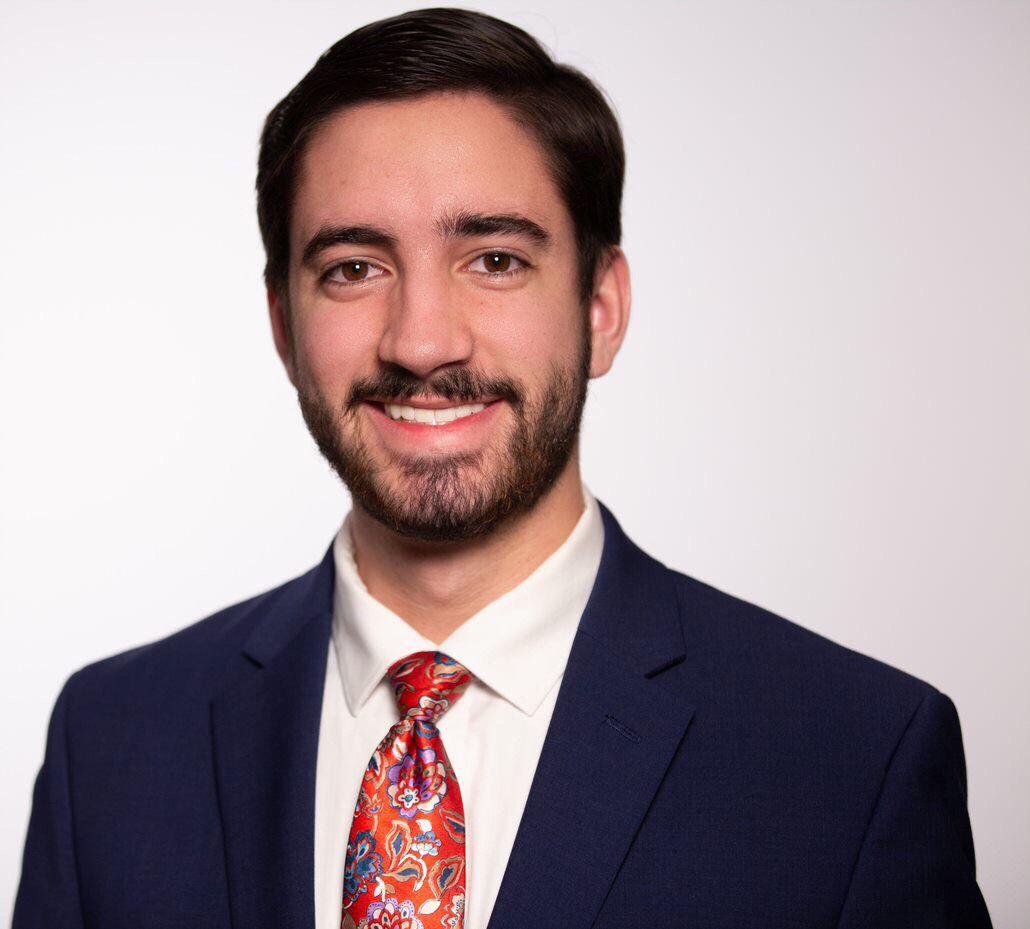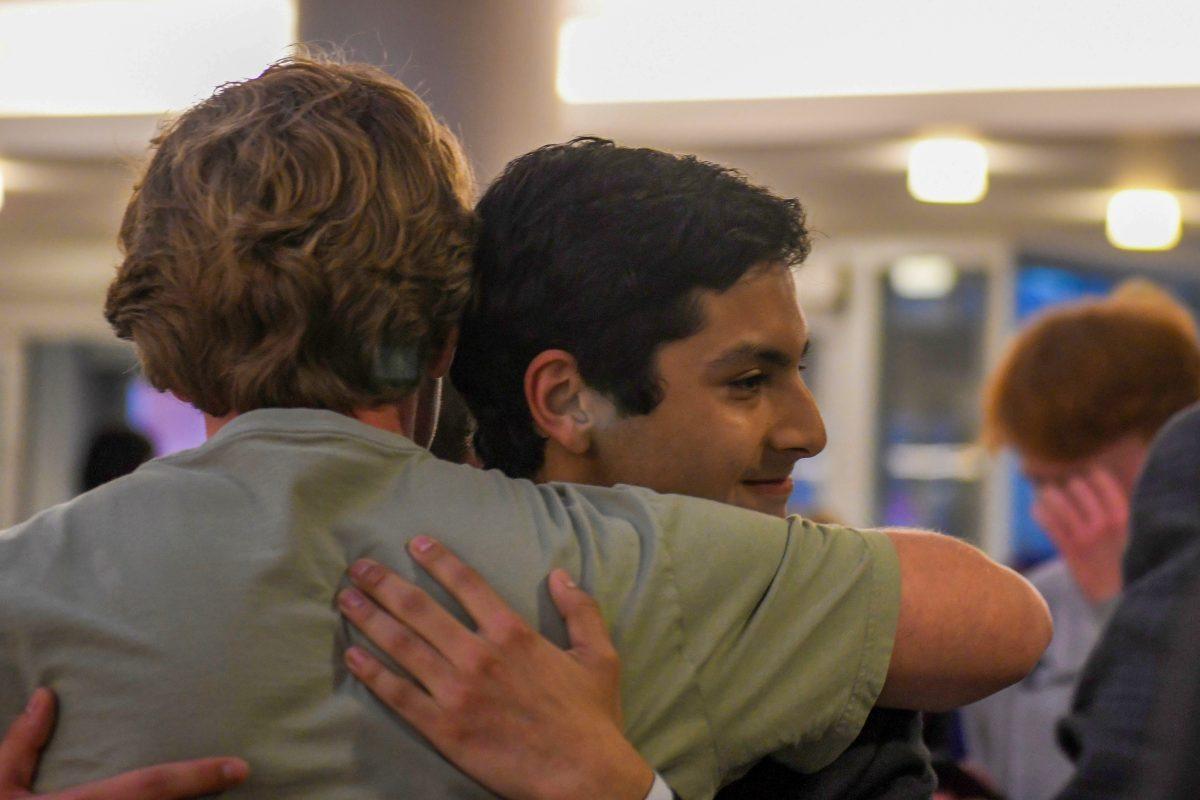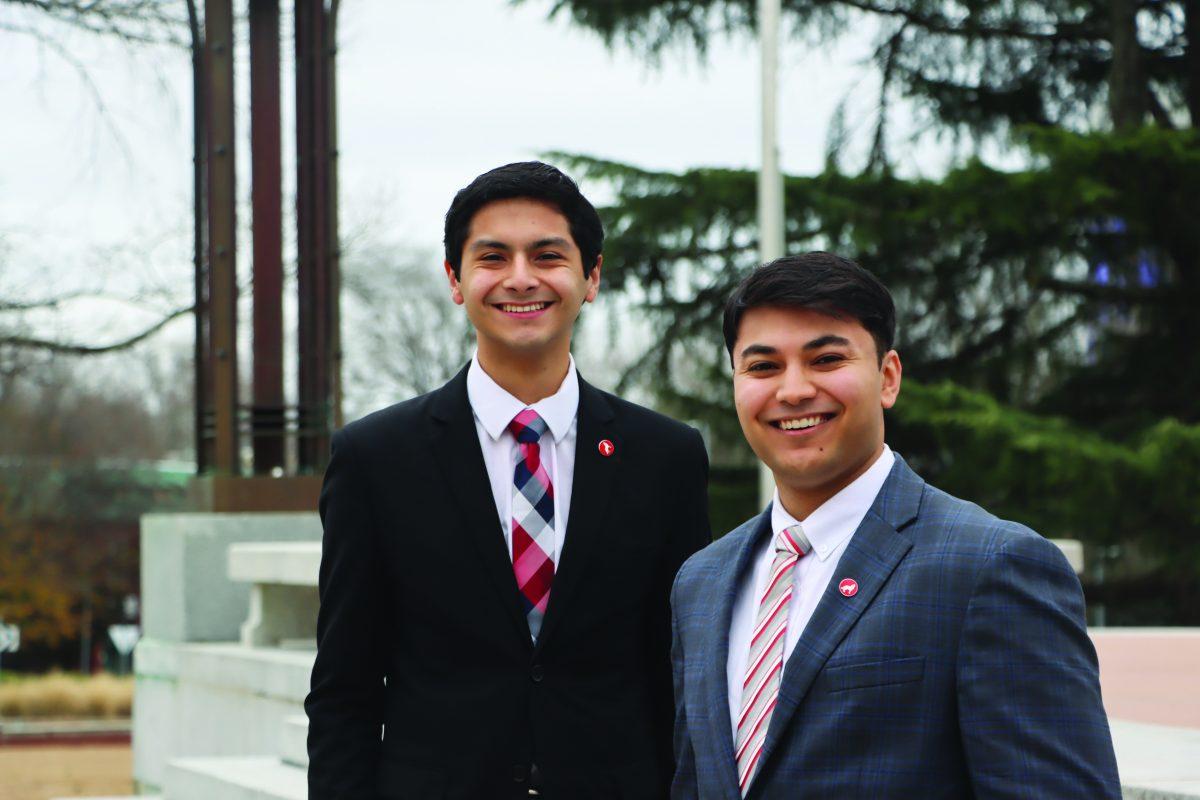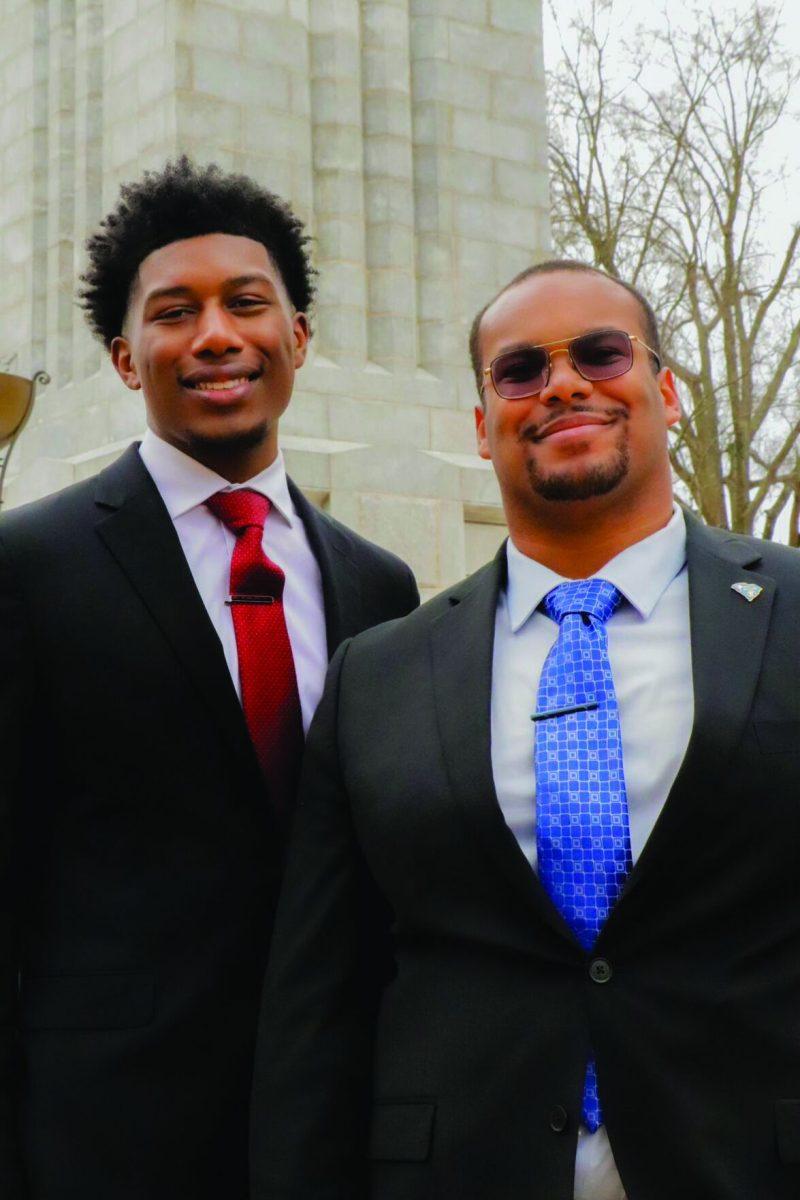This year, Conner Paszko, a fourth-year studying political science, is one of the candidates running for a chance to be the next Student Senate president. He is running against Molly Vanhoy, a third-year studying microbiology and the current Student Senate president pro tempore.
“I have been on this campus for three and a half years, and I know plenty of people and plenty of places,” Paszko said. “I think I have the capability to reach out to these different communities and say ‘Hey, what do you need? What do you need us as student leaders to do for you?’”
The Student Senate president is in charge of leading the Student Senate and the legislative section of Student Government (SG). As leader of the Student Senate, they are responsible for organizing the biweekly Senate meetings, setting the Senate’s agenda and advising fellow senators in their student advocacy. The Student Senate president is also a co-chair of the Student Fees Review Committee and a voting member on the University Fee Appeals Committee, which are responsible for recommending fee and tuition increases to the University.
Since the Student Senate president has a lot of say in how Senate meetings operate, Paszko said he hopes to use his experience from interning at the North Carolina General Assembly to streamline the legislative process and allow for student senators to work more effectively.
“I’ll compare it to the General Assembly; you know, they just press a button to vote and the voting itself is done in 10 seconds as opposed to two and a half minutes that we spend doing a roll-call vote,” Paszko said. “It’s just little stuff like that that can save us time.”
With the Student Senate president also holding the position of mentor to the legislative branch, Paszko said he wants to help younger senators feel comfortable with student leadership by encouraging and helping them to actively participate in tasks such as legislation drafting and senator debate. This includes providing newer senators with administrative resources to directly contact faculty for inquiries and demands.
“It’s harder for less experienced senators to sort of get themselves into the existing culture of Senate,” Paszko said. “If you look at bills that pass through Senate, you only see maybe a dozen names out of the 50-something senators that there are, and I want more students to be able to advocate more effectively.”
Paszko has been involved in numerous pieces of legislation, having written and co-sponsored various bills as a student senator for the College of Humanities and Social Sciences. Paszko said one of the recent bills he was most proud of was the Association of Student Governments (ASG) Delegate Drafting Act, which gives ASG delegates the ability to write legislation.
“That was to get NC State up to speed with other universities in ASG, and that’s another part about what I want to get done,” Paszko said. “To sort of look at how other universities are running things to make sure that we are sort of at the forefront, at the cutting edge of getting things done and advocating for students.”
Paszko said he wants to continue working to keep Senate meetings civil for both senators and the general public, emphasizing the importance of striking a balance between meaningful debate and concise discussion.
“This is something I really admire about our current Student Senate president,” Paszko said. “Decorum in Senate is absolutely critical, otherwise it’s just a yelling fest. That’s one of the most important jobs of the Student Senate president; it’s to make sure that the body itself remains respectful in the way it operates.”
Also, Paszko said he wants to continue to hold the University as accountable as possible while remaining inclusive of every student group on campus. Paszko said he’s entertaining an open-door policy for students to directly submit comments and concerns, as well as pressuring the administration to include more student input in their decisions.
“Even the Better Breaks bill that was passed by the Senate; if that had been communicated earlier on, if students have had more of a say, maybe that wouldn’t be such a problem,” Paszko said. “Maybe students wouldn’t be suffering so bad right now, if the faculty had just listened to students when they’re making the calendar and sort of preemptively avoided that conflict.”
Having been involved in various student organizations both within and without SG, Paszko said he believes he has ample experience in leadership to provide if elected, including being a rules committee chair for Student Senate in the past.
“Ever since I’ve walked up to State’s campus, I’ve been in student leadership through various student organizations,” Paszko said. “I’m gonna use those skills to my advantage and make sure that the Senate is the leading student advocacy body.”
Students can vote for their preferred candidates from March 15-16. To learn more about Paszko’s platform, follow his campaign’s Instagram for more information.













